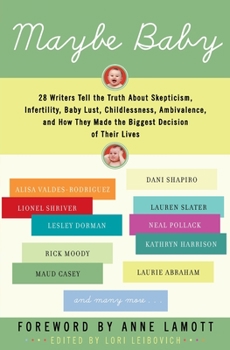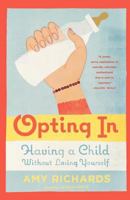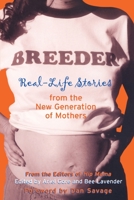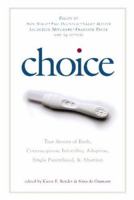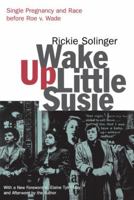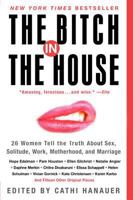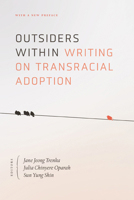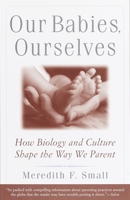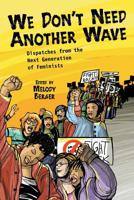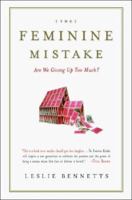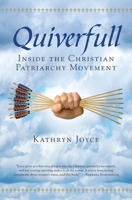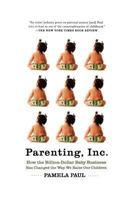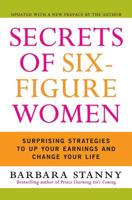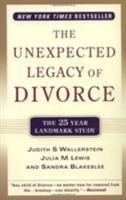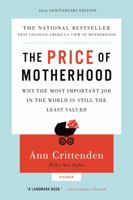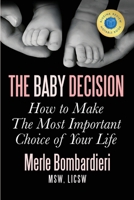Maybe Baby: 28 Writers Tell the Truth About Skepticism, Infertility, Baby Lust, Childlessness, Ambivalence, and How They Made the Biggest Decision of Their Lives
Select Format
Select Condition 
You Might Also Enjoy
Book Overview
To breed or not to breed? That is the question twenty-eight accomplished writers ponder in this collection of provocative, honest, soul-searching essays. Based on a popular series at Salon.com, Maybe Baby offers both frank and nuanced opinions from a wide range of viewpoints on parenting choices, both alternative and traditional.
Yes: "I've been granted access to a new plane of existence, one I could not have imagined, and would not now live without."--Peter Nichols
No: "I can sort of see that it might be nice to have children, but there are a thousand things I'd rather spend my time doing than raise them."--Michelle Goldberg
Maybe: "As we both slip into our mid-thirties, my own personal daddy dilemma has quietly taken on an urgency that I frankly didn't expect."--Larry Smith
From infertility to adoption, from ambivalence to baby lust, Maybe Baby brings together the full force of opinions about this national, but also intensely personal, debate.
Customer Reviews
Rated 5 starsIf parenthood is on your mind, you'll love this book
I am a young woman who is thinking a lot about having a child and what that will mean in my life. I am also in a relationship with a partner who is not as "interested" right now as I am in this huge topic. I turned to this book for "conversations" on parenthood and that is exactly what it offered. Maybe Baby includes many different ideas about having and not having kids and the uncertainty in between. I found these essays...
0Report
Rated 5 starsOn Topic, Candid, Beautifully Written. Makes me wish I had writers as friends...
Having a child is a huge decision, and yet there is little candid discussion about it in society, so this book is a great contribution. All of the essays are incredibly well written, and very honest. If this is a subject that interests you, you may well read it in one sitting. (I did.) The book also aims to expore a wide diversity of experiences and feelings on the subject. The gamut includes: 1) a rather shocking essay...
0Report
Rated 5 starsMaybe Baby I'll Have You - Or Not
Something happened when I turned 28 ... the biological clock stopped ticking and I realized that having children wouldn't make me a better person or a more valuable woman. Although I always had children in my life before my 28th birthday I experienced the common baby hunger that hormones trigger in the brain. Either reality hit me or when it came down to it I saw that motherhood required one simple thing: absolute selflessness...
0Report
Rated 5 starsRefreshing look,...
I was walking through the bookstore and this title caught my eye... as at the time.. I too was contemplating having a child with my husband.. but we both are "on the fence" about it. This book jumped out at me and practically slapped me in the face, perfect timing.. It's a wonderful read and refreshing. I was so tired of hearing couples, trying to "recruit" me to motherhood and often had been criticized for saying, I'm not...
0Report
Rated 5 starsWow - this book doesn't resort to easy answers and well-worn sentiment
I couldn't put this book down. I'm a literate 27-year-old with an exciting life, just starting to feel that baby lust that so many of us struggle with, yet not sure if the sacrifices, lifestyle changes and restructuring of priorities that happens with parenthood is going to be right for me. This book gave me some excellent food for thought. Every angle that I had wrestled with and many more were presented by real people...
0Report











